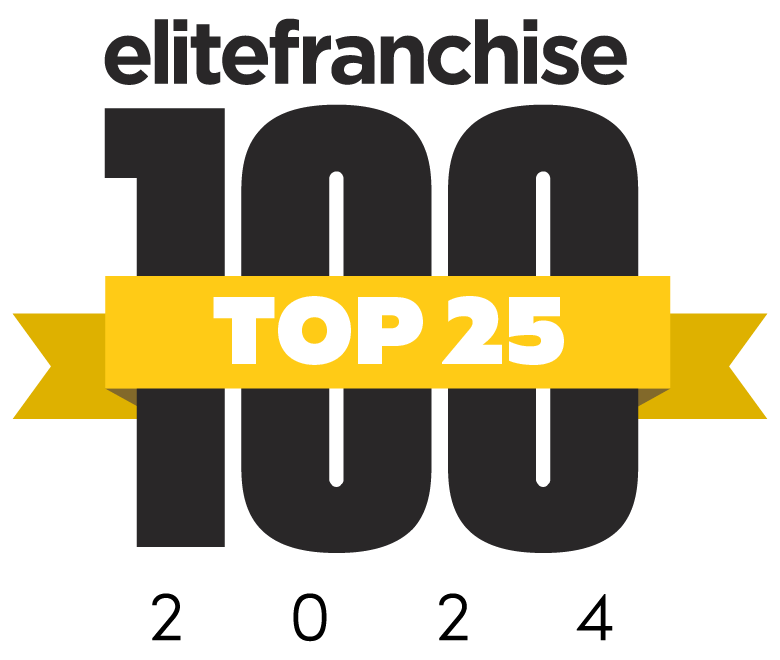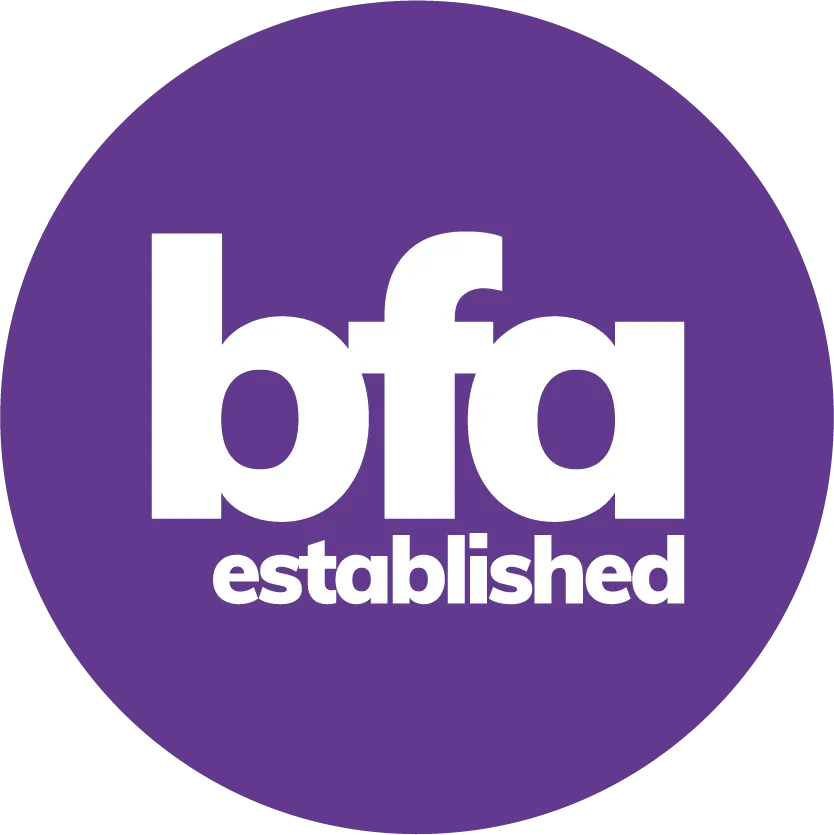Penguin 2.0 and the property market
Since the domination of the online property market by portals and some large chains, estate agents have been thrown into the deep end of digital marketing. Property was an industry that traditionally relied heavily on print advertising and brochures, but all that has changed nowadays. You may think that you’ve got your online strategy sorted now, but Google has been stirring up the search engine scene again.
Many of you will have heard of Penguin 2.0, the deadly algorithm released by Google’s spambusters in May to further punish unnatural link building and keyword stuffing. It came hot on the heels of Panda and the original Penguin, originally released to crackdown on ‘black-hat’ SEO tactics.
Many businesses suffered irrevocably – mainly because they were relying on certain methods to keep themselves on page one of Google. However, the search engine’s move was to ensure that quality sites prospered while sites perceived to have used underhand tactics were punished (even though at the time what they did was well within the rules.)
So what does Penguin 2.0 mean moving forward for the property industry?
We looked at the major issues:
- Penguin 2.0 immediate effects:
The main aim of Penguin 2.0 was to finish off the work of their first algorithms – to make sure sites with strong, authentic content and links were prioritised on search engine rankings. The update targets websites that use spam tools to create backlinks. We’d advise any agents or property-related sites not to use such tools and to be wary of SEO companies that promise you the earth!
- Beware of advertorials:
Google does not look favourably on websites that use advertorials to create links. See the case of Interflora, which was penalised for paying UK newspapers for links in the run up to Valentine’s Day! Although most property-related sites are probably not doing this, it’s a good idea to be aware of the changes and to avoid such tactics at all costs.
- Link farming is a no-no
Word on the SEO street is that low quality link exchanges or ‘farming’ are definitely being penalised by Penguin 2.0. Make sure that you don’t use this as an SEO strategy, as although it may seem that it achieves good results in the short term, ultimately such methods do more harm than good in the long run.
- Watch out for comment spam!
Commenting on sites simply to create backlinks? Ok, but just double check that such sites are relevant. Google is going to be on a mission to analyse these using a sophisticated analysis software tool and removing them or downgrading them if they’re deemed irrelevant.
- Authority websites WILL be valued:
If you’re a specialist in your area (which many in our industry are) this is good news. Penguin 2.0 means that your site should rank above those that are not as authoritative as yours. It also demonstrates that you should focus on your brand and content marketing strategy. Also remember to use a good SEO agency that is up to date and knowledgeable about Google’s ongoing changes.
- Content will continue to rule:
If you know your marketplace, makes sure your opinions are known. Write a regular blog or newsletter. Contribute to other relevant niches like Addicted to Property where you can and use your authority and knowledge to get the naturally earned links that Google approves of.
So now you can prioritise the things that are going to get your site ranked sufficiently. This new update can only help your business focus on what really matters and ensure that you remain a top authority in your field.
Thanks to our friends at Paramount Properties for this guest post. Award winning estate agents in West Hampstead, they’ll be watching out for more changes in the digital marketing environment.



 Login
Login















